Xala (1975)
“Make me a man again — I’ll pay whatever you want.”
|
Synopsis: |
|
Genres, Themes, Actors, and Directors:
Review: El Hadji uses this money to help purchase a third wife — the young and beautiful Dieynaba Niang — in order to propel his own prestige: ignoring the fact that this makes both his university-age daughter (Miriam Niang) by his first wife (Seune Samb), and his jealous second wife (Younouss Seye), deeply unhappy. Once El Hadji attempts to consummate his marriage — and finds himself strangely unable to do so — his downward spiral is set in motion. He engages the services of medicine men: and struggles to maintain dignity in the face of impressively widespread social knowledge about his dilemma. It’s clear to El Hadji that his problems aren’t his own, but rather the result of a curse (xala) — and while he believes this curse has been placed by one of his other wives, the cause for blame remains a central mystery of the film. Unfortunately, Sembene’s narrative (based on his own novel) veers off course at times, shifting to lengthy and seemingly inexplicable sequences (later explained) involving a band of disabled men who at one point gather to drink sweetened condensed milk (!). From what I’ve read, this confusion may be the result of drastic editing that was done without Sembene’s consent. In addition — as in all Sembene’s films — the performances by the majority of the actors are decidedly amateurish. Regardless, there’s enough sting and bite in Xala to make it worthy viewing for all film fanatics who are genuinely interested in world cinema. Note: Sembene’s other acclaimed film made before the publication of Peary’s book in 1986 — Ceddo (1977), the only Sembene title listed in 1,001 Movies You Must See Before You Die — is strangely missing; I intend to watch it shortly and verify whether it merits inclusion on this website as a Missing Title. Also be sure to check out Sembene’s final film, Moolaade (2004), made before his death in 2007 — it’s most definitely must-see viewing. Redeeming Qualities and Moments: Must See? Categories
Links: |
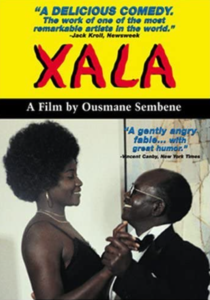
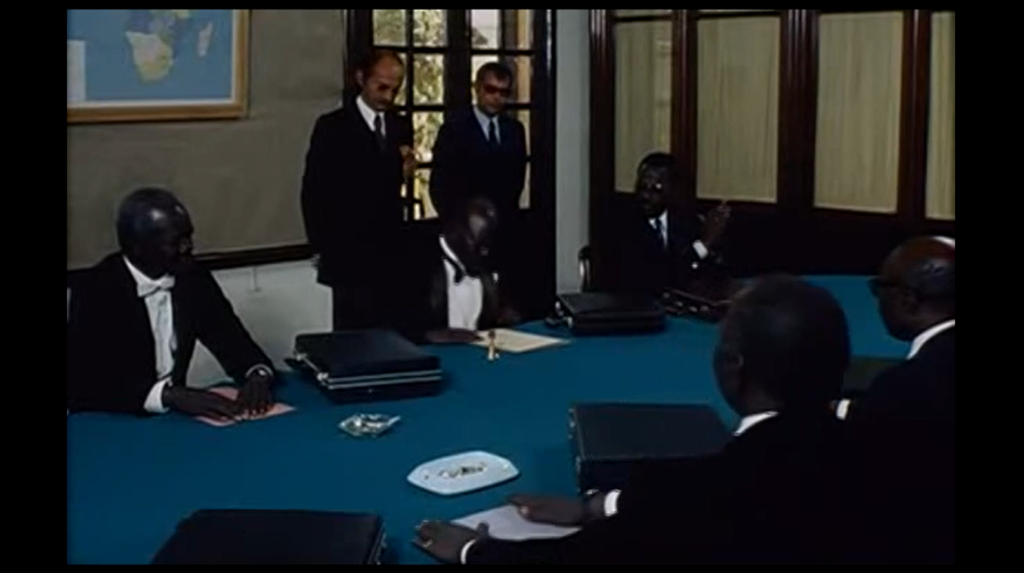
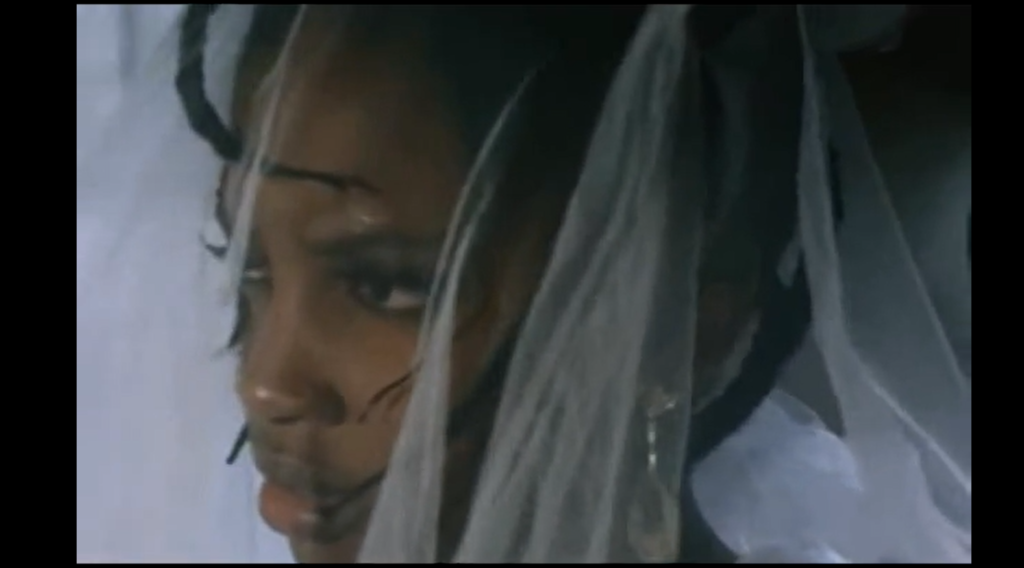
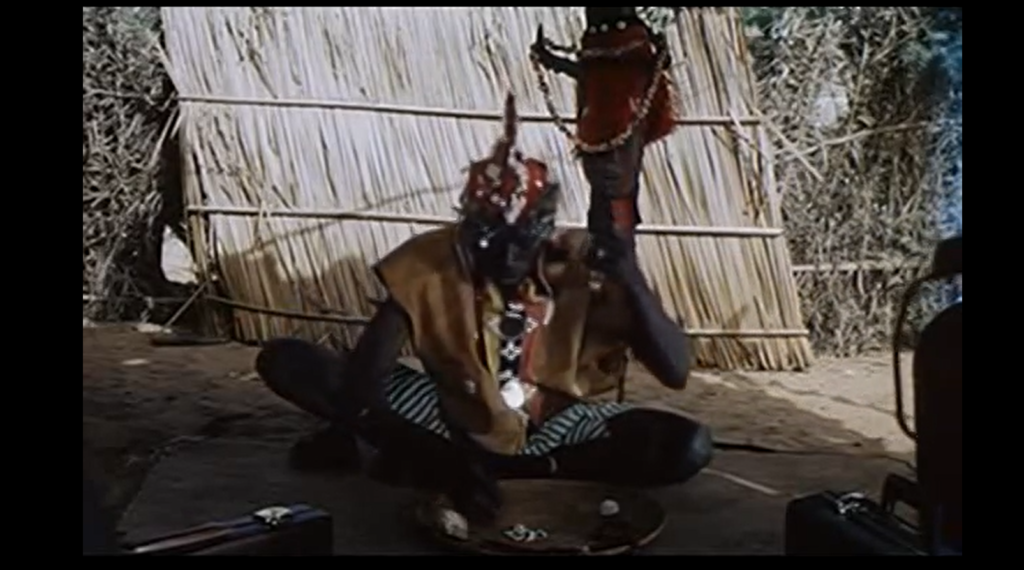
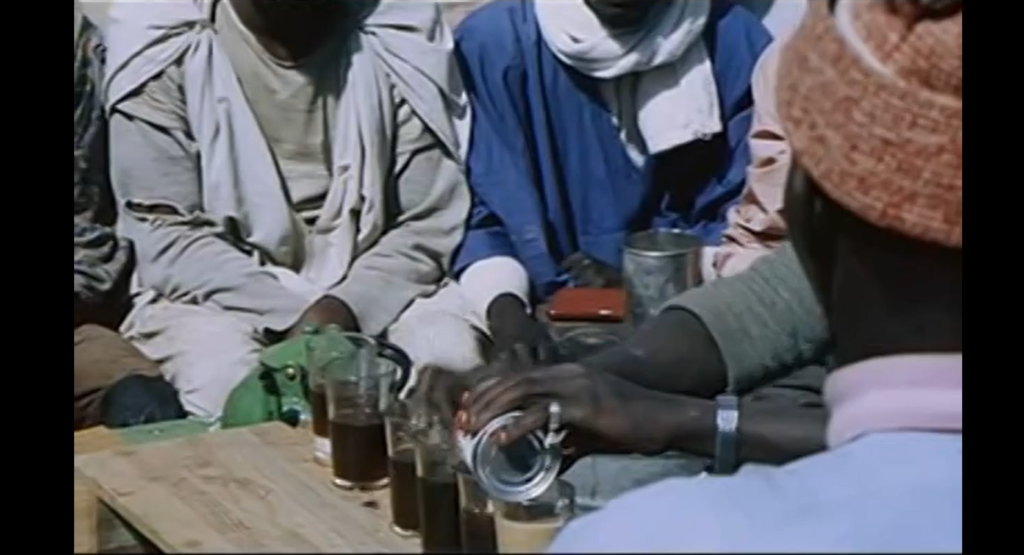
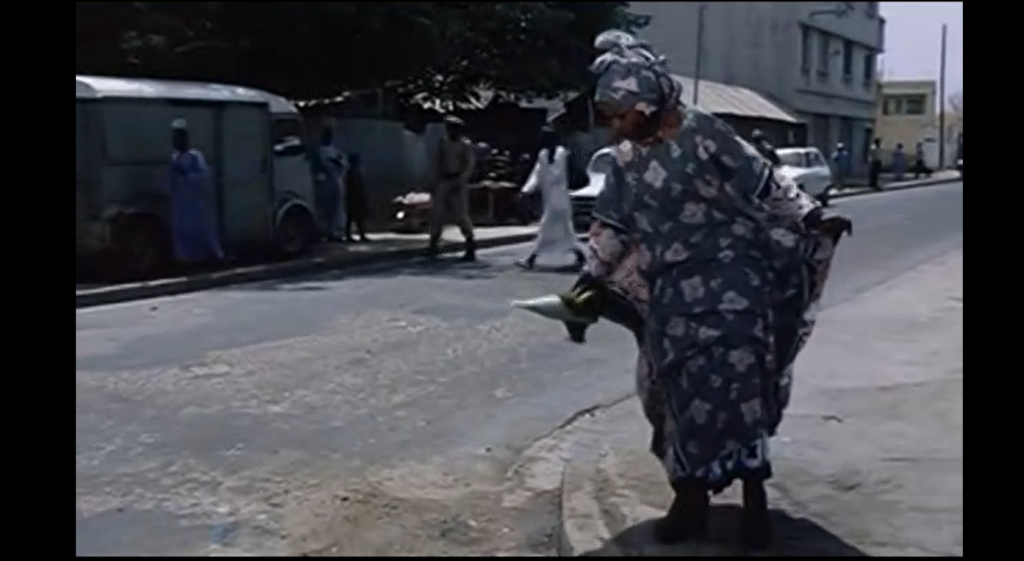
One thought on “Xala (1975)”
First viewing. Not must-see, though it will be of particular interest to ffs who make a study of lower-profile cultures.
To me, this is an even tougher watch than ‘Mandabi’ – mainly because I feel the premise is too thin to merit its full two-hour length. The film could almost easily have been 20 minutes shorter to do justice to the story it’s telling. Certainly more attention to pacing and editing would have helped some of the sluggishness that here intrudes on the narrative drive.